At least 104 dengue cases have been reported in Gurugram so far this year of which 10 cases required hospitalisation, officials said on Friday. Areas such as Wazirabad, Bhangrola, Nakhrola, Badshahpur village, Bhondsi, Bhorakalan, and Garhi reported the highest number of cases, they added.

Officials said that most affected areas are vulnerable due to congested living conditions, inadequate sanitation, stagnant water in shared overhead tanks, coolers, and flowerpots.
“Residents must inspect their homes for stagnant water and ensure cleanliness. Wearing full-sleeved clothing and using mosquito repellents are critical. If anyone experiences symptoms like fever or body aches, they should consult a doctor immediately,” said Dr Virender Yadav, chief medical officer of Gurugram.
Dr Jai Prakash, a public health expert, said that the warm, humid weather in Gurugram continues to foster mosquito breeding. “The Aedes mosquito thrives in such conditions, especially in areas with overcrowding and poor sanitation. Community cooperation is essential to eliminate mosquito breeding sites and control the spread of dengue,” he said.
Khushboo Lassa, a 28-year-old resident of Garhi, said, “Living in such a crowded space made it difficult to avoid dengue. Despite trying to stay safe, the mosquitoes were everywhere. I have been dealing with fever and body pain that’s kept me in bed for days.”
Abhay Bhati, 32, from Nakhrola, said, “In our area, people are not fully aware of the need to clean up stagnant water. The shared tanks and coolers are full of it, and that’s where mosquitoes breed. I have had fever and joint pain for more than a week now.”
The health department has inspected 16,114 houses, finding larvae in 220 of them. They have also issued 14,456 notices under the Municipal Bye-laws Act of 1973, urging residents to maintain better hygiene. Officials are conducting a Rapid Fever Survey every month, where a surveillance team visits homes within the first 10 days to catch any hidden cases early.
The health department has released gambusia fish that feed on mosquito larvae into 196 water bodies in places like Wazirabad and Bhondsi.

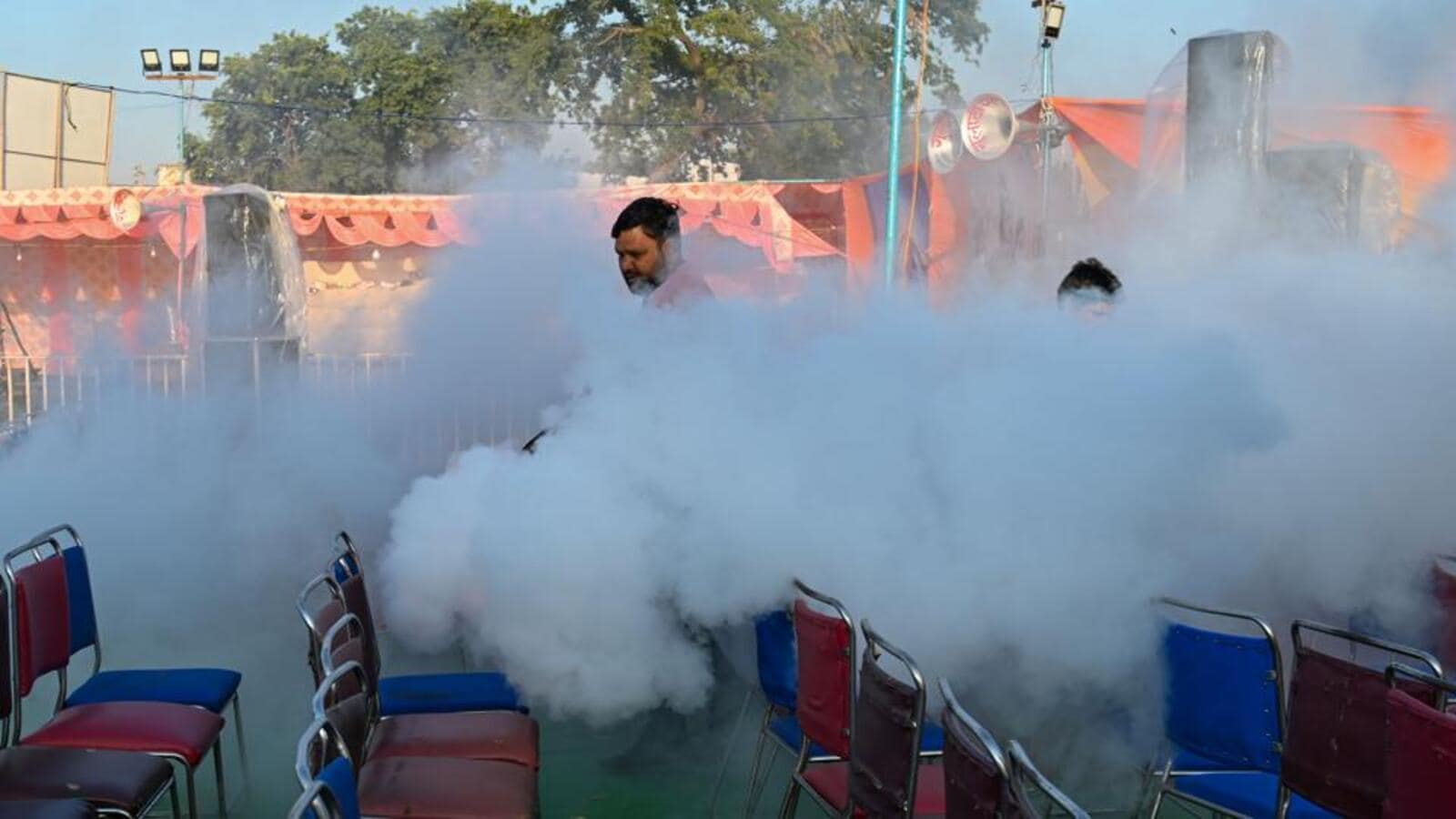
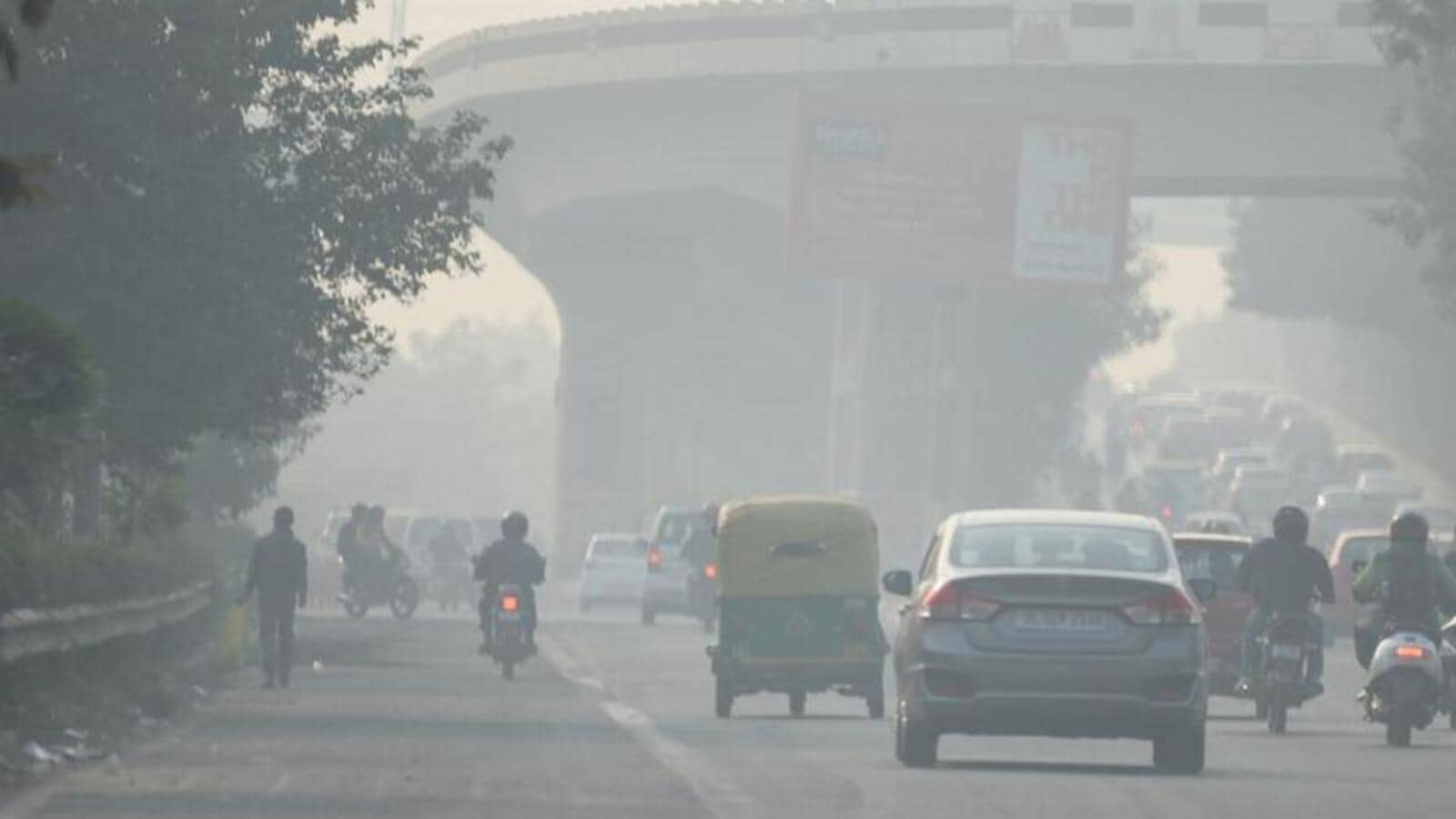
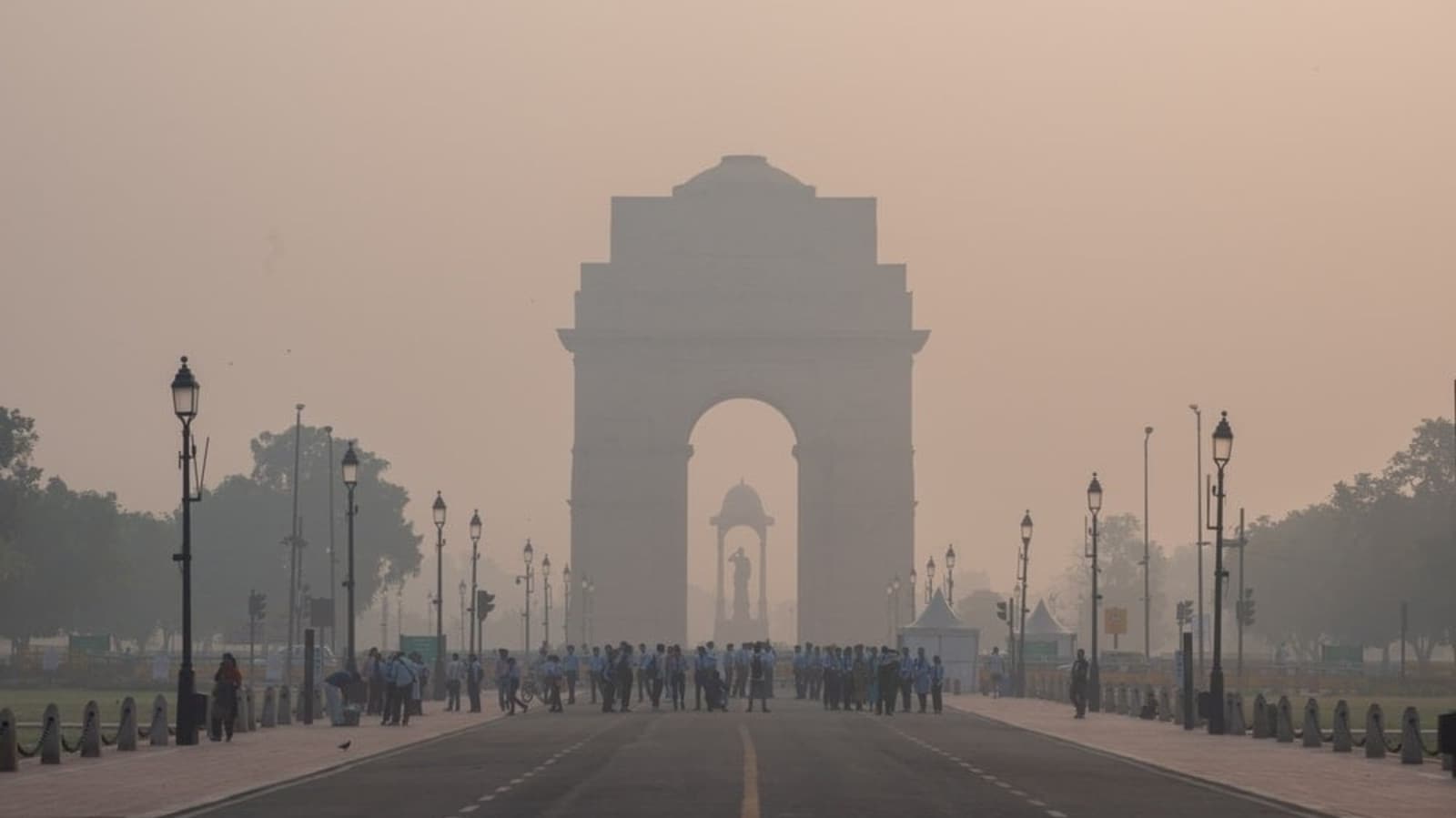

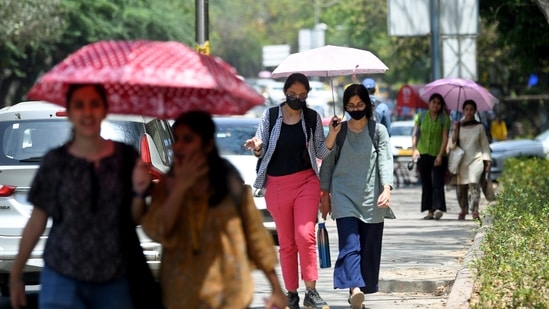


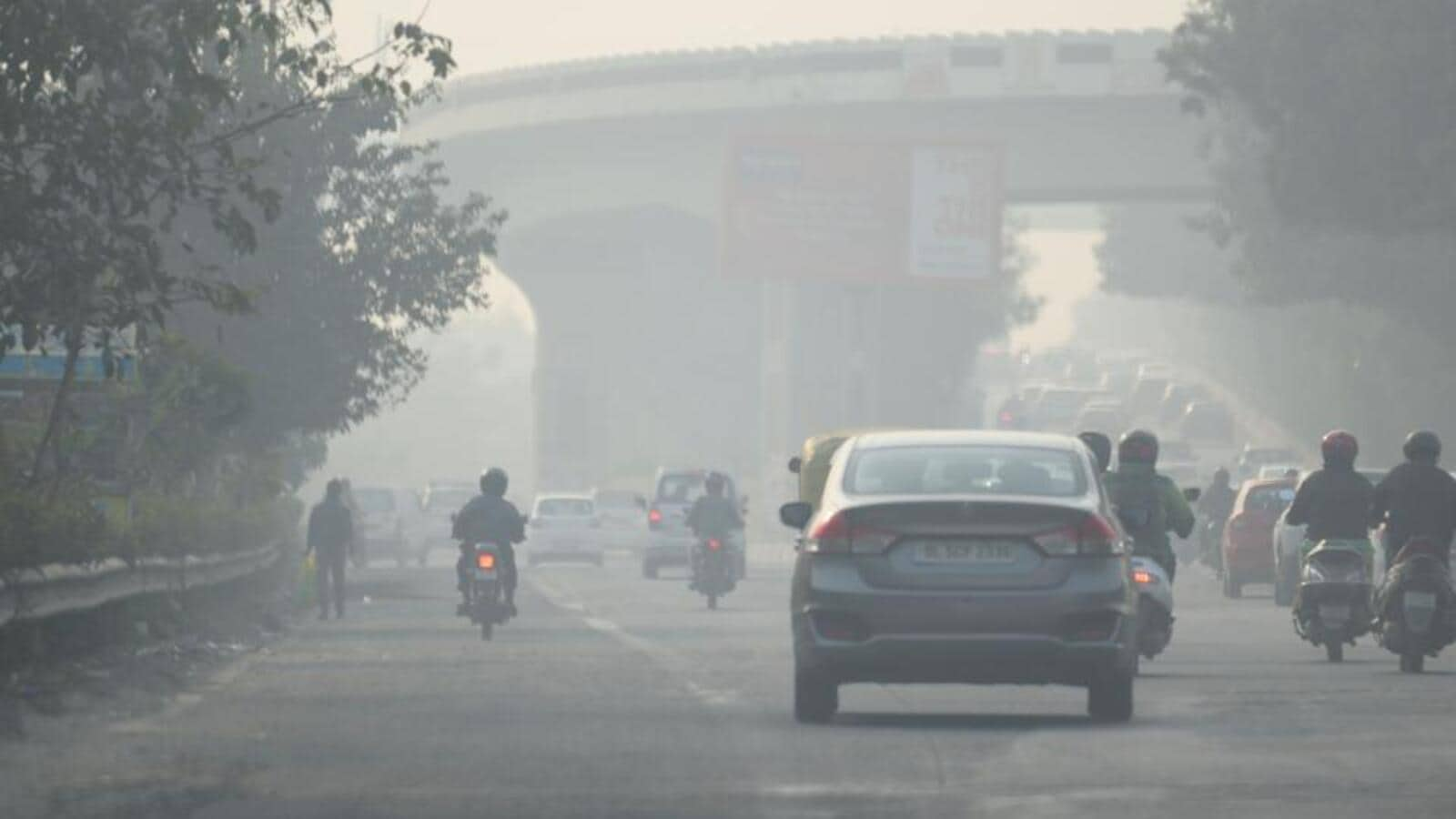
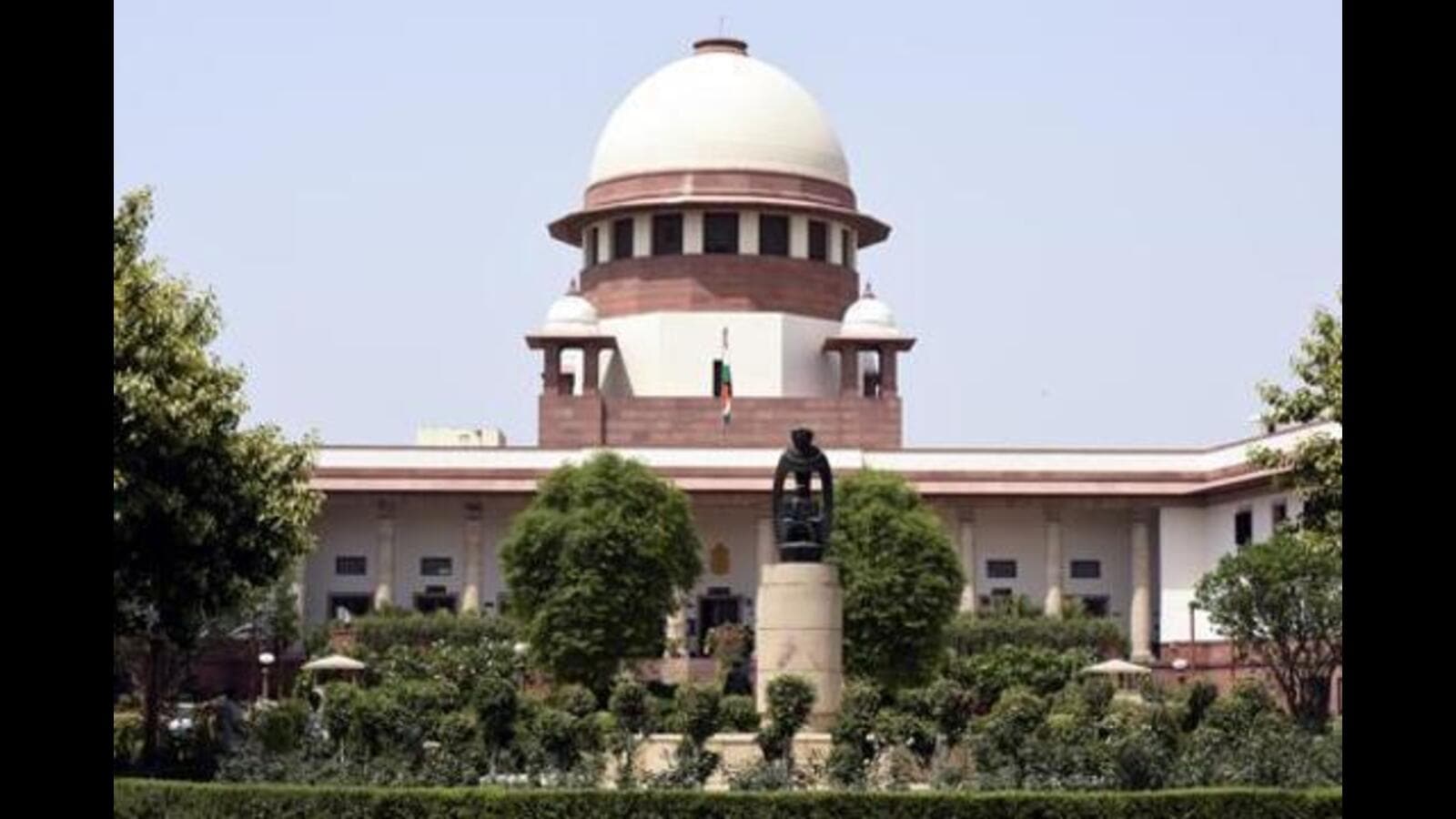
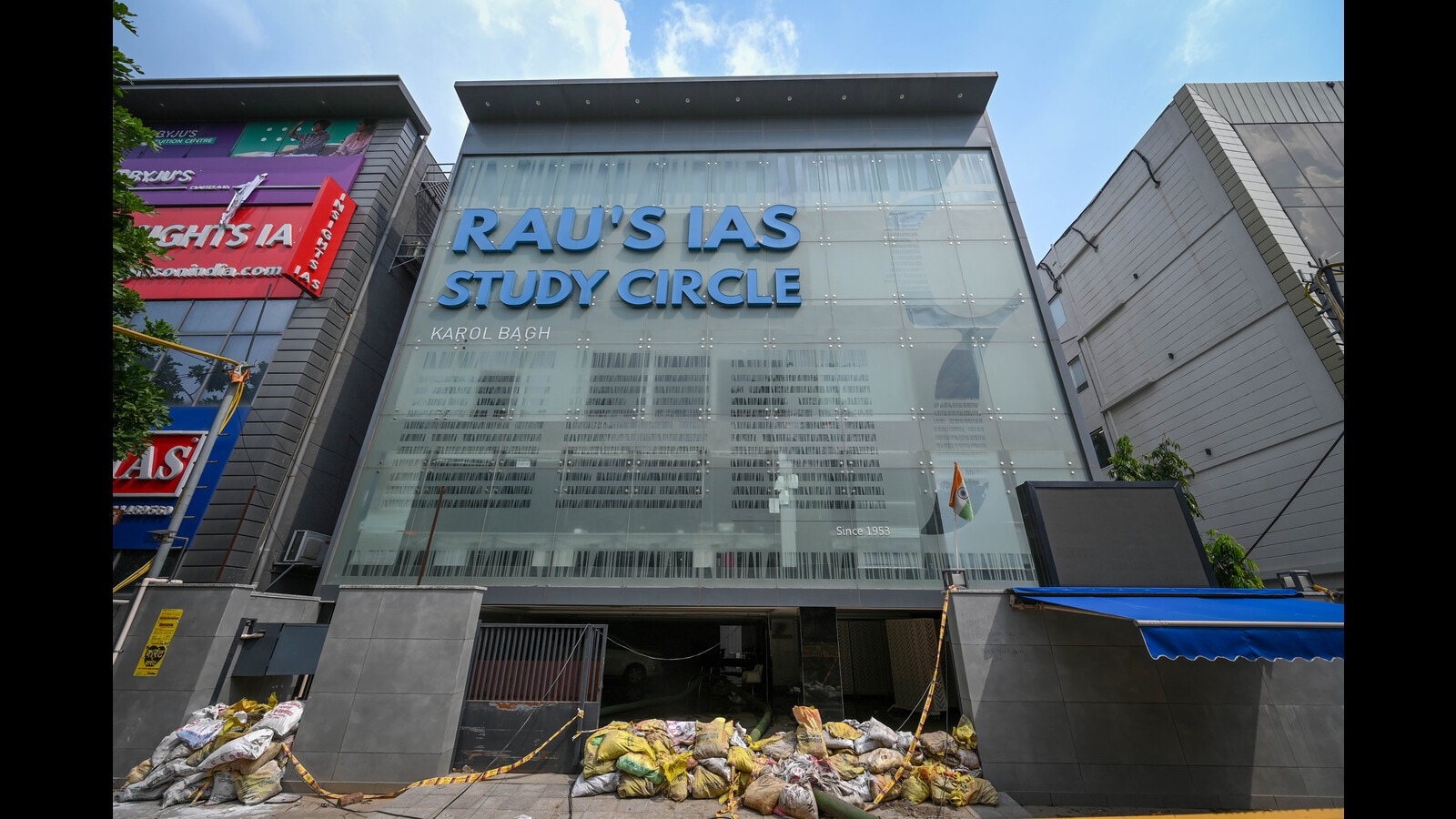
Leave a Reply